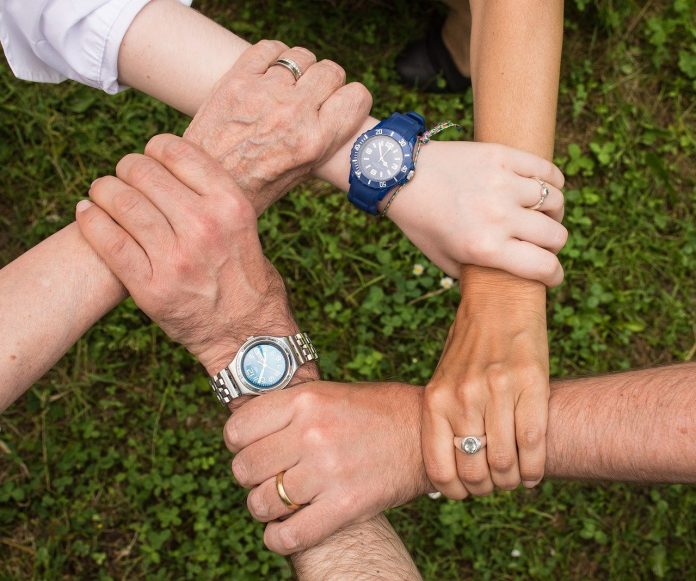From the moment we are born, our birthdate begins to define us within a generation. For clarity, a generation is defined as all the people born and living at about the same time. It can span 20-30 years.
Even within the dairy industry, we use birthdates on registration papers to organize show classes and also to compile data on records. We may not have generational titles, but we refer to young and mature cows.
For the sake of brevity in this article, I did what every other American does today, I searched Google to review more about each group. Perhaps you might do likewise to discover purpose in the thoughts of this article.
Generational perspectives
I was actually surprised to find some pretty distressing facts about generations and how groups review each other. I discovered that 85-year-olds enjoy texting and 23-year-olds like to crochet and that we are not all square pegs in square sockets.
George Orwell once said, “Every generation imagines itself to be more intelligent than the one that went before it, and wiser than the one that comes after.”
For the first time in history, there are five generations working side by side, and each has been influenced by historical events, trends of society, and culture. These forces shape ideas and values. The effort needed to collaborate can literally “make or break” the workplace atmosphere and the pandemic brought every difference to the table for discussion OR argument.
Whether it is at work, in school, a 4-H club meeting, on the farm, church or any team setting, we are required to find unity within diversity. And it is not rocket science when I state that this is easier said than done!
Companies have actually been preparing to cater to the needs of the millennials because they now represent the major portion of our workforce. I prepare for power outages and storms, but it did not occur to me that I should prepare for this.
The generational experts who contribute their life’s work and passion to the topic have a wide range of perspectives based upon their research.
Dr. Leah George, Creighton University, suggests that generations may not be real and wonders how we can possibly categorize people in a span of 20-30 years. She even suggests that we have to meet people in their “onlyness,” that spot in the world where only we stand as a function of our unique history, our experiences and our hopes.
Another leading expert, Michael Strawser of Bellarmine University, spends more time analyzing work performance and less on the generational stereotypes. His concept of “generation agnostics” suggests that we still all need to work hard, work smart, and build relationships to transcend generations.
Either point is well taken. Groups still need to share common visions. Isn’t this what we all would like or is that utopia? Wherever teams work and play, we still must search for compromises that are fair. In other words, we all must play in the same sandbox and it need not be a daily battleground.
Points to ponder
As I bring the topic to a close, you are probably patiently waiting on the “so what” lesson. I am not the expert here but simply the messenger who provides you the opportunity to think about your own generational identity.
The minute we stop thinking and planning is when we lose a sense of our “onlyness.” Instead, maybe we should defy the norms and just live by the code of “right and wrong.”
My generation title is that of a baby boomer, and I would prefer being less of a stereotype and more of a value-based educator. My journey includes a lifetime of lessons and experiences with all generations. It is filled with success, failure and lots of problem-solving to decide the difference.
What’s at work in your team settings, workplaces, and the multiple roles you assume daily? What is your “onlyness” and how do you figure out the “onlyness” of those around you? Do you define “work” by values or stereotypes?
When the 2021 dairy judging teams start traveling, I think some of those van rides could be enriched by discussions of this type. It will assist them in developing better oral reasons. In the meantime, do not hesitate to ponder your own thoughts and let me know your responses.














Hi Bonnie:
Thanks for writing about the question of generational differences. For another perspective I recommend a recent publication by Megan Gerhardt, PhD, GENTELLIGENCE: The Revolutionary Approach to Leading an Intergenerational Workforce. She is a professor of management and leadership development at Miami University, Ohio. Sometimes generational differences are an asset and explains why.
Best wishes,
Mary
Mary,
Thank you. I will take your advice. The topic interests me.